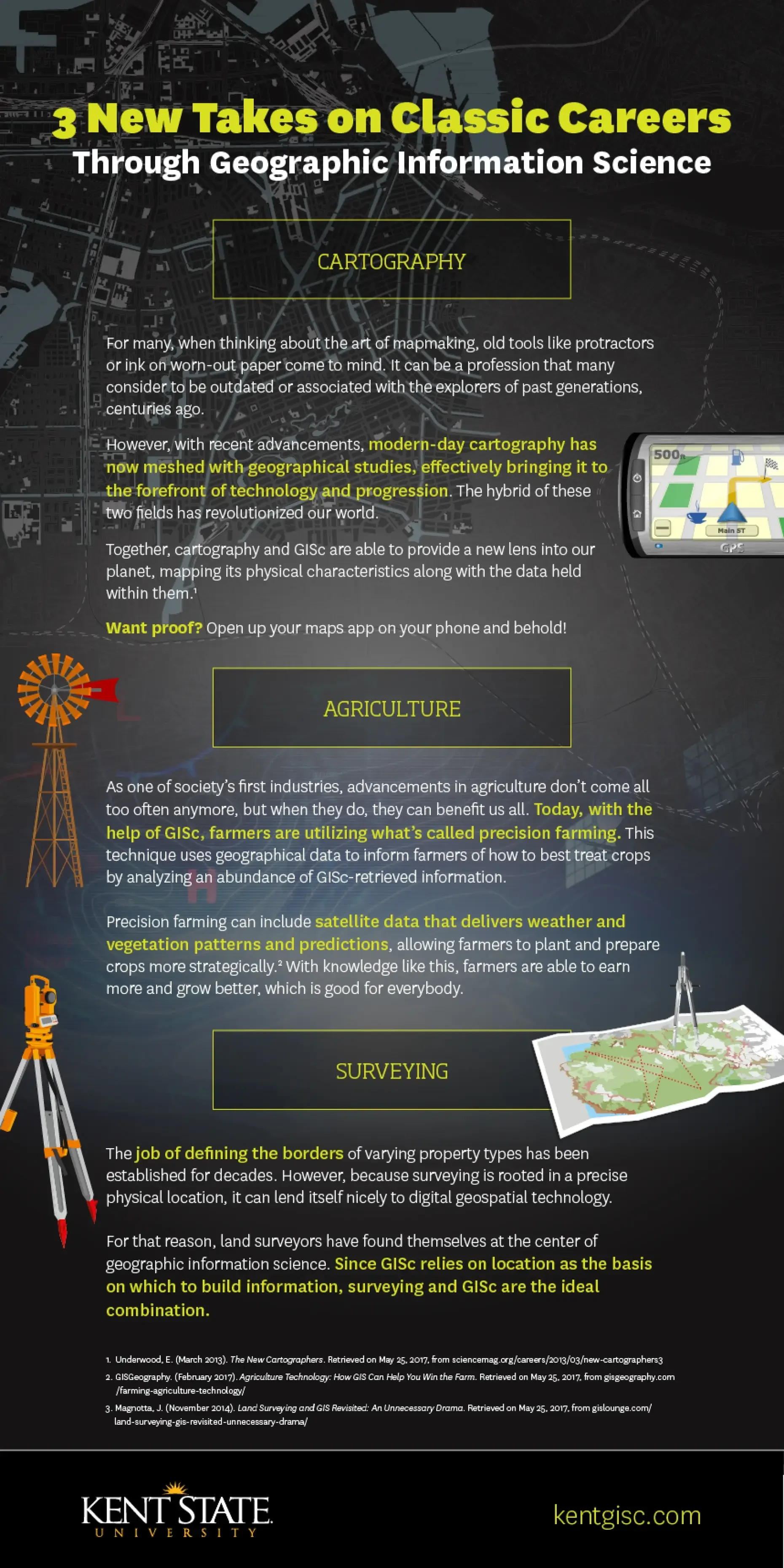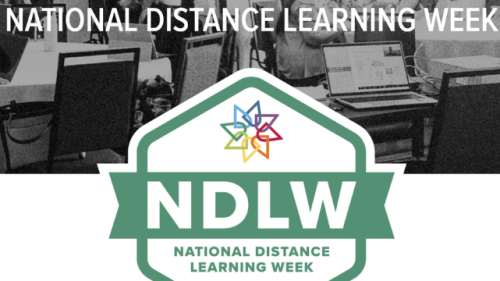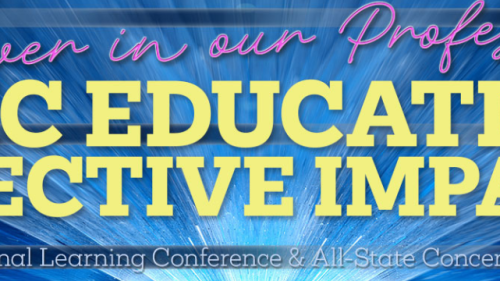As history marches forward, certain technologies are inevitably left behind in favor of what’s most beneficial to society in the moment or in the future. While leaving behind what’s no longer beneficial is important to technology and innovation, it also renders certain industries and careers as outdated—no matter how important they may have been at one time.
In the field of geographic information science (GISc), there are certain industries that are still relevant and extremely progressive in society; however, despite their progressive nature, some of these industries are still perceived as being outdated or antiquated. It’s difficult to say why these careers are looked at in this way exactly, though the tools and technologies surrounding them may play a large part.
Our infographic below takes a quick look at three GISc career fields commonly thought of as being old-fashioned and shows how GISc has revolutionized them.






